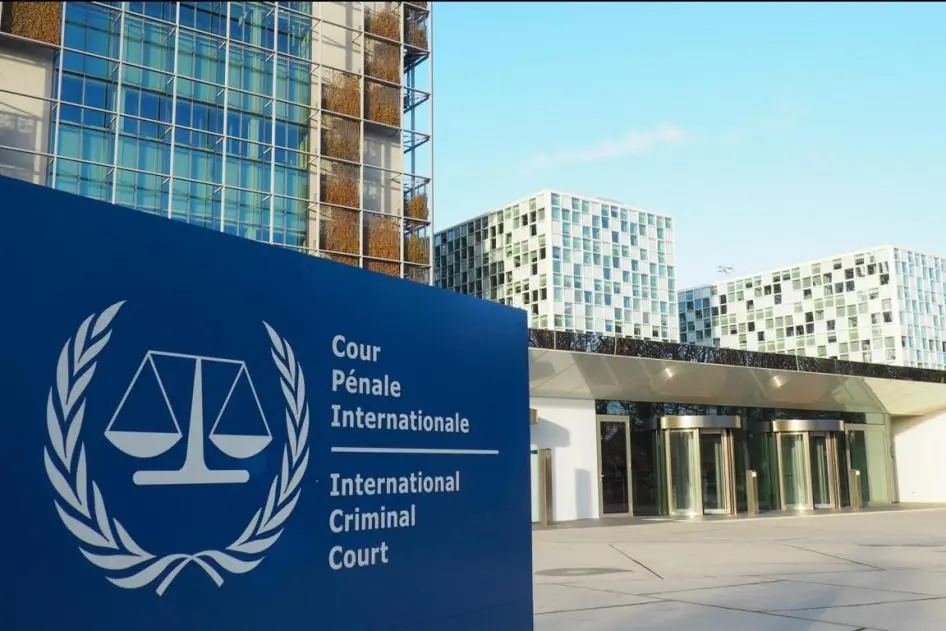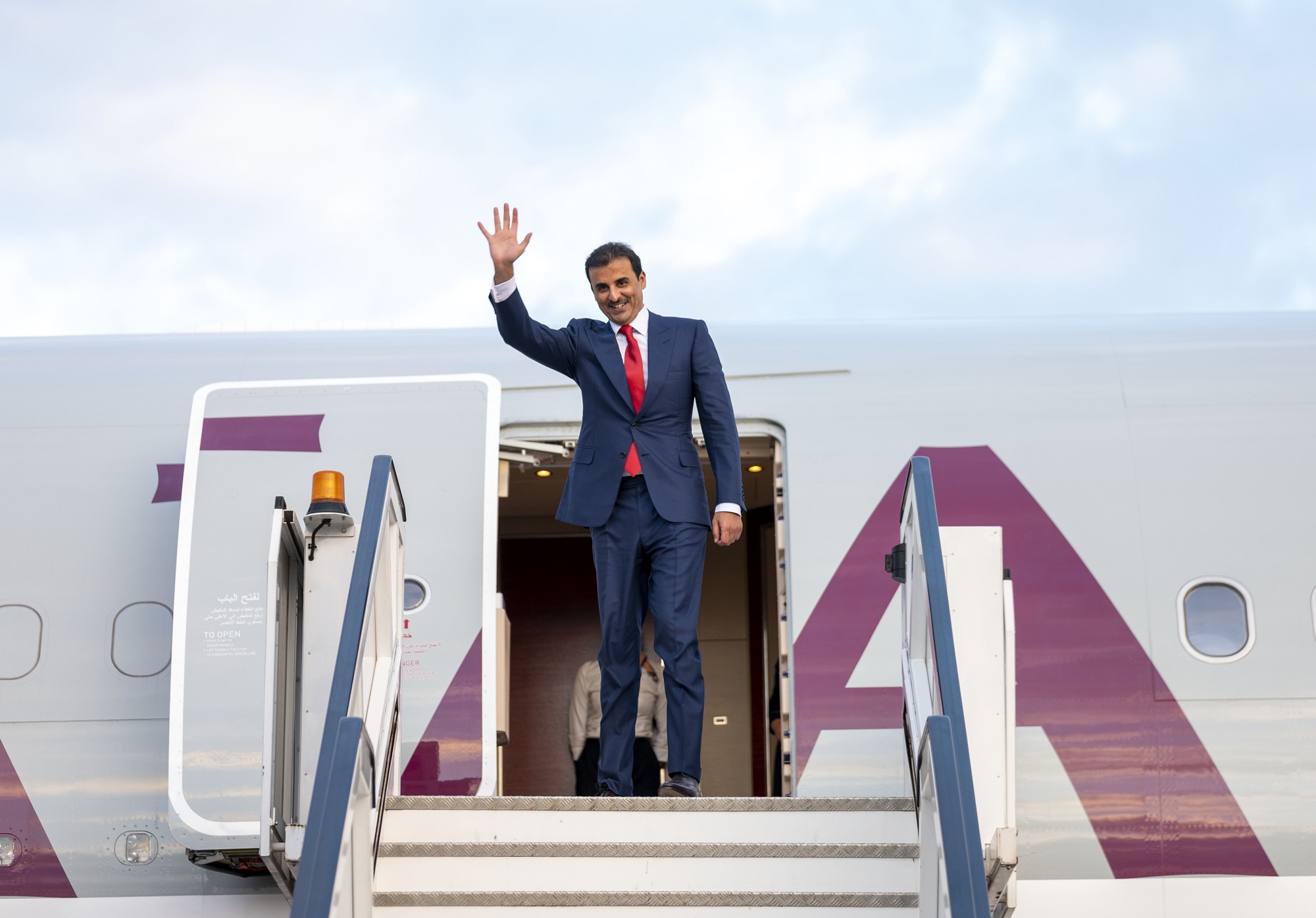
Citing the increasingly “complex” situation between GCC nations, the White House has decided not to arrange a meeting of Gulf leaders during the US President’s visit to Riyadh next week.
The US had floated the idea of organizing a summit in Saudi Arabia to coincide with Barack Obama’s time there, but then pulled back on it due to strained relations between Qatar and its regional neighbors.
Qatar is home to the largest American base in the Middle East, and the two countries’ military relationship is growing as the Gulf state continues to order billions of dollars in weapons, equipment and training from America.
Last month, Saudi, the UAE and Bahrain withdrew their ambassadors from Doha, citing concerns about their internal security. At issue appears to be Qatar’s support for the Muslim Brotherhood, a political Islamic group that other Gulf countries see as a threat to stability.
Reuters quotes US National Security Advisor Susan Rice as saying yesterday:
“The situation between and among the members of the GCC has grown more complex of late. And while we maintain very strong and cooperative relationships with each of the GCC countries, we didn’t think that from their point of view that the time was optimal for a collective meeting.”
According to the newswire, the decision to hold the summit will make it harder for the White House to negotiate with its Gulf allies about how to handle Iran and Syria.
No mediator
Though US officials have discussed Gulf tensions with Saudi Arabia, Americans are not actively mediating in the conflict, spokesperson Jen Psaki told reporters during a US State Department briefing on Friday.
She did say, however, that the country has been encouraging GCC nations to “resolve their differences as soon as possible for the benefit of regional security and cohesion.”
Psaki denied Obama’s visit to Saudi was a sign that the US was choosing sides in the conflict, but she stopped short of urging the three countries to return their ambassadors to Qatar.
And in response to questions about whether the US shared the concerns of Saudi Arabia, Bahrain and the UAE about Qatar’s policies, she said:
“Well, I know one of the issues that has been mentioned is the issue of private donations to extremists – and that’s something that some have mentioned – operating in Syria and elsewhere. It remains an important priority in our high-level discussions, and one that we also certainly raise with all states in the region, including Qatar, including the Government of Kuwait, wherever we have concerns.”
Qatar and Kuwait have denied funding extremist groups in Syria and other Middle Eastern countries. However, in December, the US added a former Qatar University professor to its “terrorist” watch list for allegedly providing financial support to Al Qaeda, among other groups.
Abdul Rahman Bin Umair Al Nuaimi, 59, has denied the charges leveled against him, but shortly after the designation, he resigned from his position as president of Geneva-based human rights group Alkarama to “avoid any misinterpretation,” the group’s executive director said.
For its part, Qatar has responded to the withdrawal of Gulf envoys by saying it would not waver on its independent foreign policy. The stance comes amid rumors of threats from Saudi Arabia to close its airspace and land borders.
Analysts have said such sanctions are unlikely, but Doha is preparing contingency plans nonetheless.
Obama is set to meet with the Saudi King on Friday, March 28.
Thoughts?







